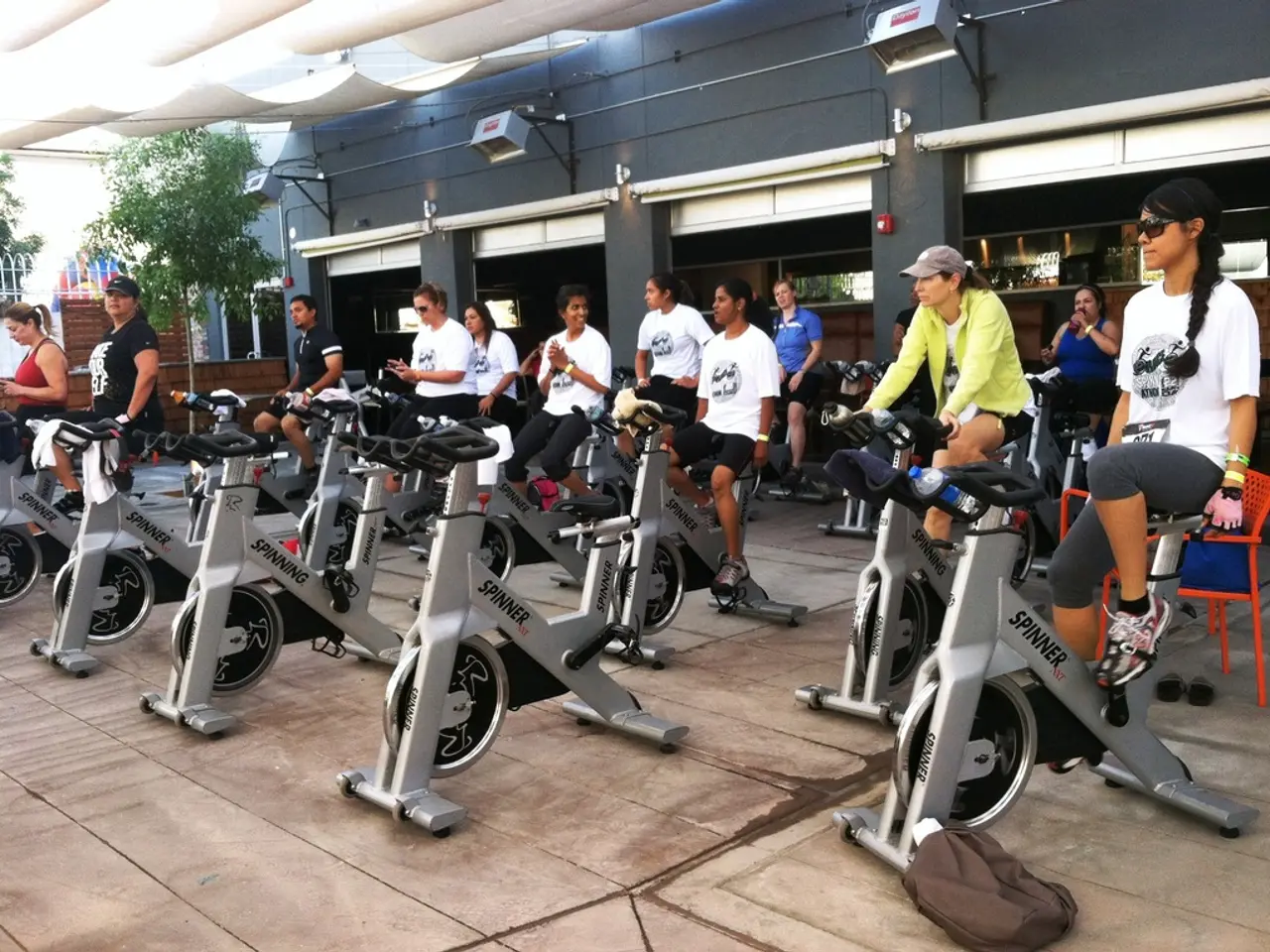Effortless Methods to Verify if Your Workout Plan is Truly Beneficial for You
Exercise programs should be tailored to specific goals or movements to ensure maximum effectiveness. For instance, a 10K run program may not be suitable for improving back squat.
After consistent work for 4 to 6 weeks, if you aren't feeling, seeing, or experiencing results, it might be a sign that the program is not the best fit for you, or that your out-of-gym activities are not supporting your goals.
Honesty with a coach is essential in a successful exercise program. This includes disclosing gym attendance, feelings about the program, and deviations from the program.
Achieving the desired results from an exercise program also depends on factors outside of workout time. If you aren't nailing your diet, getting enough sleep, and managing your stress, you will not see the benefits you are hoping for.
If you aren't seeing improvements after 2 weeks of doing a program, it's a sign that the program may not be working for you. However, it's important to remember that it takes more than just 2 weeks to feel the results, and certainly more than 8 weeks for others to comment on the results.
When working out, the goal is to train hard enough to set off the fire alarm, not burn down the house. In other words, pushing yourself to the limit every day is not necessary or advisable.
If one day of your workout programming is leaving you so sore that you're not able to give 100 percent in your next workout, that program is probably a fail for you. Being a 10/10 on the soreness scale is not necessarily a sign that your workout program is good.
The key to any program being effective is consistency. The program should allow you to participate in regular, successive workouts. Signs of a working exercise program include progress towards goals, honesty with the coach, and improvements in speed, strength, or mobility (gains).
It's also important to ask self-reflective questions such as training for a specific event, preferred exercise types, specific movements or weights, and target goal timeline. A workout program that works for one person may not work for another due to factors such as training age, genetics, sex, nutrition, health, stress levels, sleep quality, and quantity.
If a coach makes a person feel guilty, ashamed, or unworthy on days they cannot adhere to the program perfectly, it's time to reconsider. It's not advisable to rely on financial investment in a workout program as the only indicator of its effectiveness.
Mimi Lawrence, a fitness coach, once said that a program unsuitable for the body will not be effective. In conclusion, finding the right exercise program requires a combination of self-reflection, honesty, and consistency.
Read also:
- Inadequate supply of accessible housing overlooks London's disabled community
- Strange discovery in EU: Rabbits found with unusual appendages resembling tentacles on their heads
- Duration of a Travelling Blood Clot: Time Scale Explained
- Fainting versus Seizures: Overlaps, Distinctions, and Proper Responses






